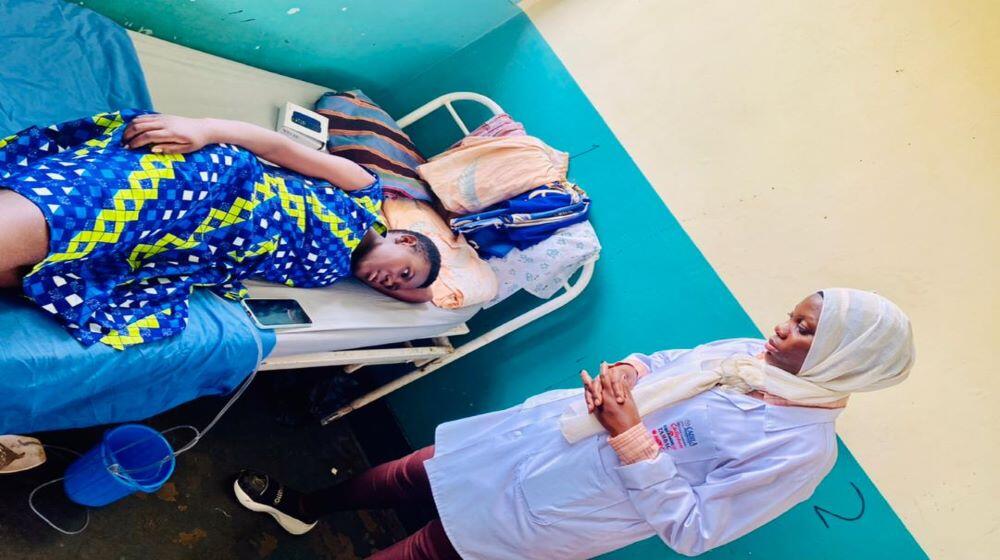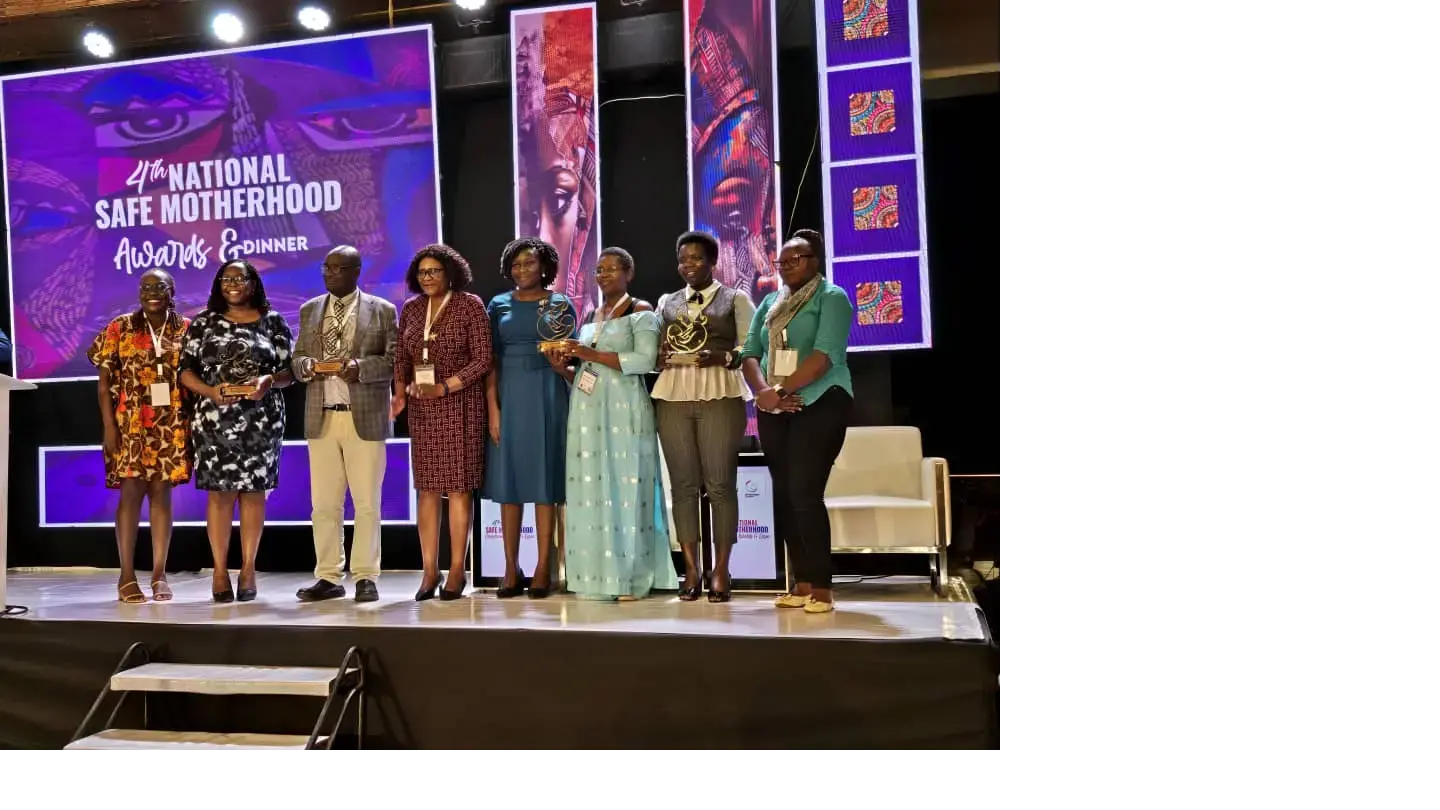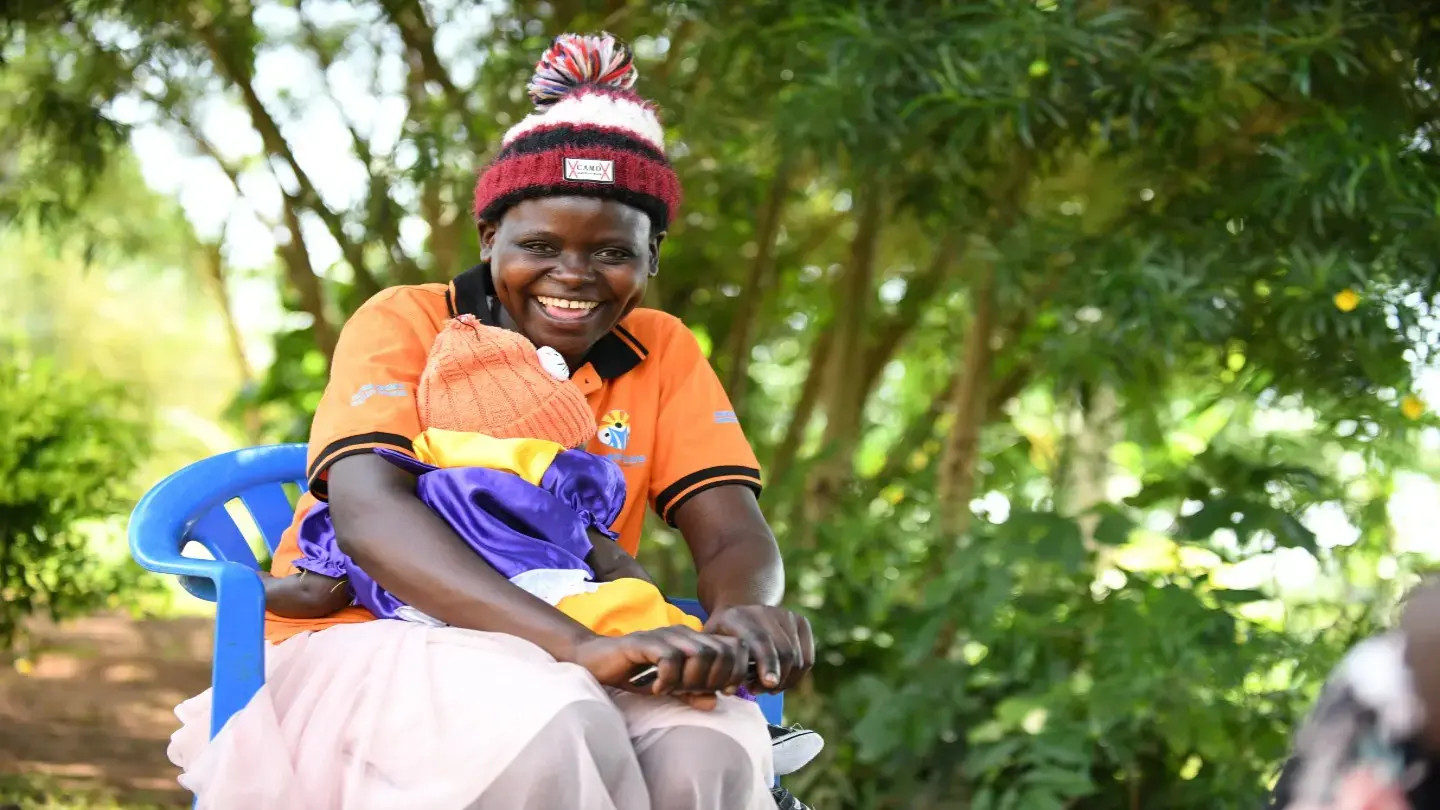Hoima City, 30 May 2023 – On 30 May, UNFPA Uganda joined the Ministry of Health and other partners in Hoima City to observe the International Day to Eliminate Obstetric Fistula (IDEOF), a day set aside by the United Nations General Assembly to encourage international activities to prevent and eliminate Obstetric Fistula.
This year’s theme, "20 years on - progress but not enough; End Obstetric Fistula", commemorates the twentieth anniversary of the commencement of the global campaign to End Fistula in 2003. The subject emphasizes the prevalence of fistula, which is a symbol of ongoing social inequality, a violation of human rights and a failure of health systems to meet the requirements of afflicted women and girls in accessing effective Sexual Reproductive Health Services.
In commemoration of this day, the Ministry of Health, with support of UNFPA and other partners, organised a two-week free fistula camp at Kagadi General Hospital, where over 50 girls and women were screened, and others underwent reconstructive surgery.
Tuhase Monday, a 16-year-old refugee from Kibaale, was among the teenagers who travelled to Kagadi General Hospital to attend this year's free fistula camp after hearing about it on the radio. There, she received the are that she had long sought for.
Tuhase has had a fistula for a year, which developed during an obstructed labour before giving birth to a dead child at Hoima Referral Hospital. She narrates:
"I was 15 years old when I became pregnant, and I had no one to turn to for assistance since my boyfriend had fled after learning that I was pregnant. I started feeling labour pains at eight months, but the locals assured me they were false pains and that I would get over it. I began bleeding and was taken to Nakitoma Health Center III, where I was referred to Nakitoma Health Center IV,"
Tuhase was not immediately tended to despite the immense bleeding due to cost constraints, thus by the time the medical professional examined her, they discovered that the baby was already dead due to the prolonged labour, and that was when she began leaking.
Like Tuhase, 90% of women and girls experience fistula complications and lose their babies subsequent childbirth. According to data from Uganda, up to three out of every ten fistula cases are caused by a failed and poorly executed procedure by a healthcare provider.
Obstetric fistula is still a public health issue, exacerbated by poor care, poverty and gender discrimination. Ending preventable maternal deaths and avoiding maternal impairments must be high priorities in every country.
Speaking at the International Day to End Obstetric Fistula commemoration in Hoima City, Hon. Anifa Kawooya, State Minister for Health General Duties, urged the community to allow young girls to stay in school for as long as possible to reduce the risk of obstetric fistula due to teenage pregnancy.
Hon. Anifa Kawooya, who represented Prime Minister Hon. Robinah Nabbanja, as the Chief Guest, highlighted the obstacles that women and young girls face and stated that the government is working with partners to eradicate the condition by 2030.
“I take this opportunity to reiterate the government’s commitment to working with all stakeholders to accelerate the achievement of maternal health targets,” she said.
Mr. Daniel Alemu, UNFPA Deputy Representative, commended the Ministry of Health for spearheading the campaign to stop fistula in Uganda. He highlighted that meeting the 2023 targets will necessitate ensuring that every pregnant woman has access to quality and timely maternity care.
"UNFPA has invested in improving the quality of maternal care to ensure the safety of every child's birth," he said. “We've also made investments to address the unmet need for modern contraception.”
He stated that while substantial progress has been made in the country, much more work needs to be done in order to eliminate fistula by 2030.
UNFPA reiterates its commitment to supporting the government of Uganda to combat the fundamental causes of fistula by promoting quality maternal health care for everyone through partnerships, stronger political leadership, investments and funding.





